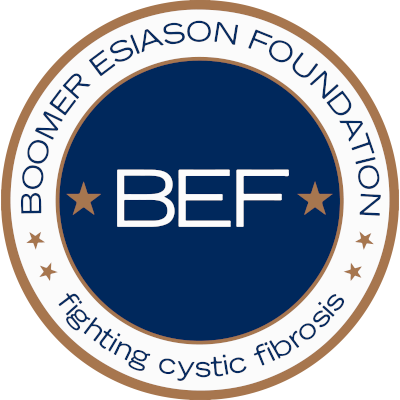Note: For information about clinical trials related to cystic fibrosis research, please visit our Research page.
Eighty-four percent of parents say they don’t know about opportunities for their children to participate in medical research; only 5 percent of children have participated in medical research across the United States.
One in nine adults have participated in medical research. In contrast, only one in 20 children have done so.
Those are the findings of a poll earlier this year by the University of Michigan C.S. Mott Children’s Hospital National Poll on Children’s Health. The poll asked adults and parents about their views on medical research and past participation for themselves and their children.
The poll also found that most adults (68%) are aware of medical research opportunities for adults. In contrast, the majority of parents (84%) are not aware of medical research opportunities for children.
“Medical research is the backbone of improving medical care. Without volunteers, medical research cannot move forward,” says Matthew Davis, M.D., director of the poll and associate professor in the Child Health Evaluation and Research Unit at the U-M Medical School. “Awareness about research opportunities, which is a necessary step before participation, is reasonably high among adults but strikingly low for children’s research. To improve participation rates among children, researchers and institutions evidently need to do a better job of getting the word out to parents.”
Participation in research is key to continued medical progress, Davis says. Over the last 100 years, infant mortality in the United States has been reduced by 90 percent. Millions of deaths from diseases such as polio, diphtheria, pneumonia and influenza have been prevented by vaccines. Children with life-threatening diseases such as cystic fibrosis, sickle cell disease and diabetes now survive beyond childhood, into adult years.
All these advances have been made possible through medical research. Successful pediatric research requires the voluntary participation of children and the support of their parents, Davis adds.
The poll also found that participation in medical research by adults is higher among non-Hispanic whites (14%) than among Hispanics (4%) or non-Hispanic blacks (2%).There are no racial/ethnic disparities for kids related to research participation. This positive finding sets an equitable foundation for efforts to expand awareness and recruit children from all backgrounds for medical research in the future.
For more information, please visit the C.S. Mott Children’s Hospital National Poll on Children’s Health: www.med.umich.edu/mott/npch/
Source: University of Michigan Health System
